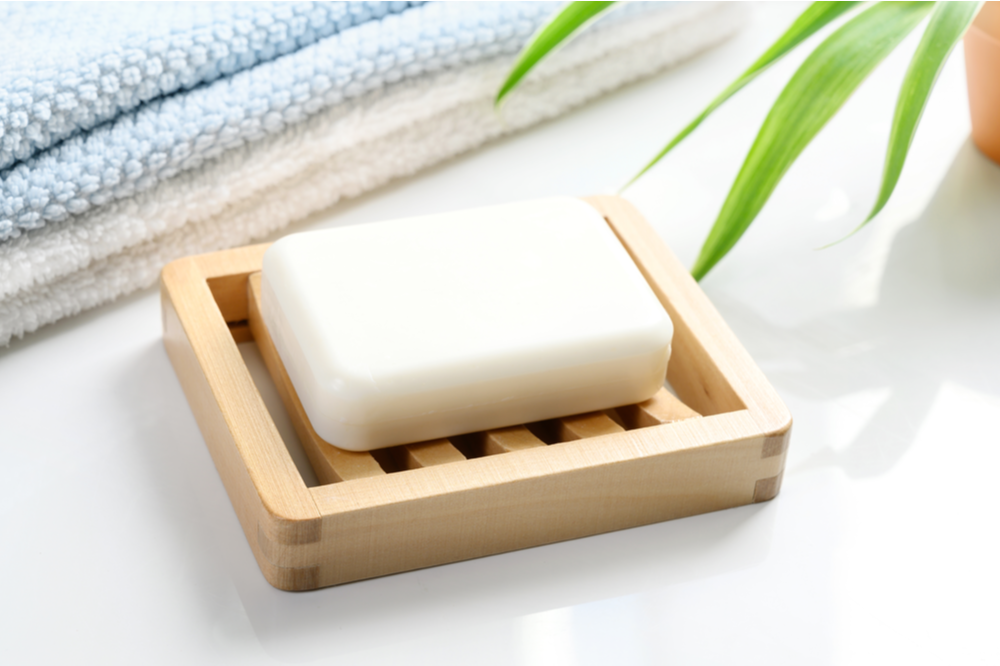
6 Soaps That Trigger Psoriasis
Psoriasis is characterized by inflamed, itchy skin that develops into red and scaly patches. Certain types of psoriasis, like plaque psoriasis, may occur on any part of the body, but it is commonly seen on the scalp, elbows, knees, and torso. There are many psoriasis triggers including stress, smoking, and alcohol consumption. However, certain soaps and personal care products have also been known to trigger psoriasis outbreaks.
In this article, we will explore six soaps that are known to trigger psoriasis:
1. Soaps with botanical oils
Botanical oils are natural ingredients, but they can still trigger psoriasis flare-ups. These oils include castor oil, olive oil, and coconut oil. These oils can increase the activity of immune cells, leading to flare-ups. This is due to the presence of contents like fatty acids and cytokines. Before using soaps or shampoos with these ingredients, it is best to conduct a skin test first to determine if they will cause a breakout.
2. Strong fragrance soaps
Scents and perfumes may contain elements that induce psoriasis outbreaks. Even though a soap might smell good, continuous usage may lead to serious skin conditions such as psoriasis. It is best to check the label before buying soap for a sensitive skin condition like psoriasis. On the label, you will be able to see whether or not there are any harmful chemicals or fragrances that can worsen your psoriasis condition.
3. Antibacterial soaps
Antibacterial soaps are even more dangerous than fragrant soaps for psoriasis. Products containing triclosan or alcohol can induce a flare-up. If you have sensitive skin, using these products may affect the immune system and lead to psoriasis outbreaks. To avoid this, use psoriasis-friendly soaps that are free of harmful chemicals.
4. Soaps with propylene glycol
Propylene glycol is a known skin irritant that can induce psoriasis breakouts. When used on the skin, it may lead to severe conditions like contact dermatitis and atopic dermatitis. It is advisable to avoid using products with this ingredient if you have psoriasis or another skin condition like eczema. To be sure that your soap does not contain this ingredient, check the label.
5. Soaps with cocamidopropyl betaine
Cocamidopropyl betaine is an ingredient derived from coconut oil. It has surfactant properties that allow the soap to lather more, and it gives a moisturizing effect to hair and skin. This ingredient may increase inflammation in cases of psoriasis, due to its antimicrobial effects, which can alter bacterial flora on the skin. To minimize flare-ups with soaps containing this element, opt for products labeled “unscented” or “hypoallergenic”.
6. Soaps with methylchloroisothiazolinone (MCI) and Methylisothiazolinone (MI)
A common additive in many soaps, Methylchloroisothiazolinone (or MCI) and Methylisothiazolinone(or MI), are antimicrobials often used to extend the shelf life of cosmetics. They are derived from a formaldehyde, which is a skin irritant. In psoriasis patients, this ingredient can induce the formation of blisters and redness when applied to the hair or skin. If you have psoriasis, it would be best to look for soaps without these ingredients.
The six soap ingredients outlined above are known to trigger psoriasis, especially if you have sensitive skin. As they say, prevention is the best cure, so do thorough research before using any soap on your sensitive skin. In addition, opt for soaps labeled as hypoallergenic or unscented, as they are milder and less likely to cause flare-ups.



